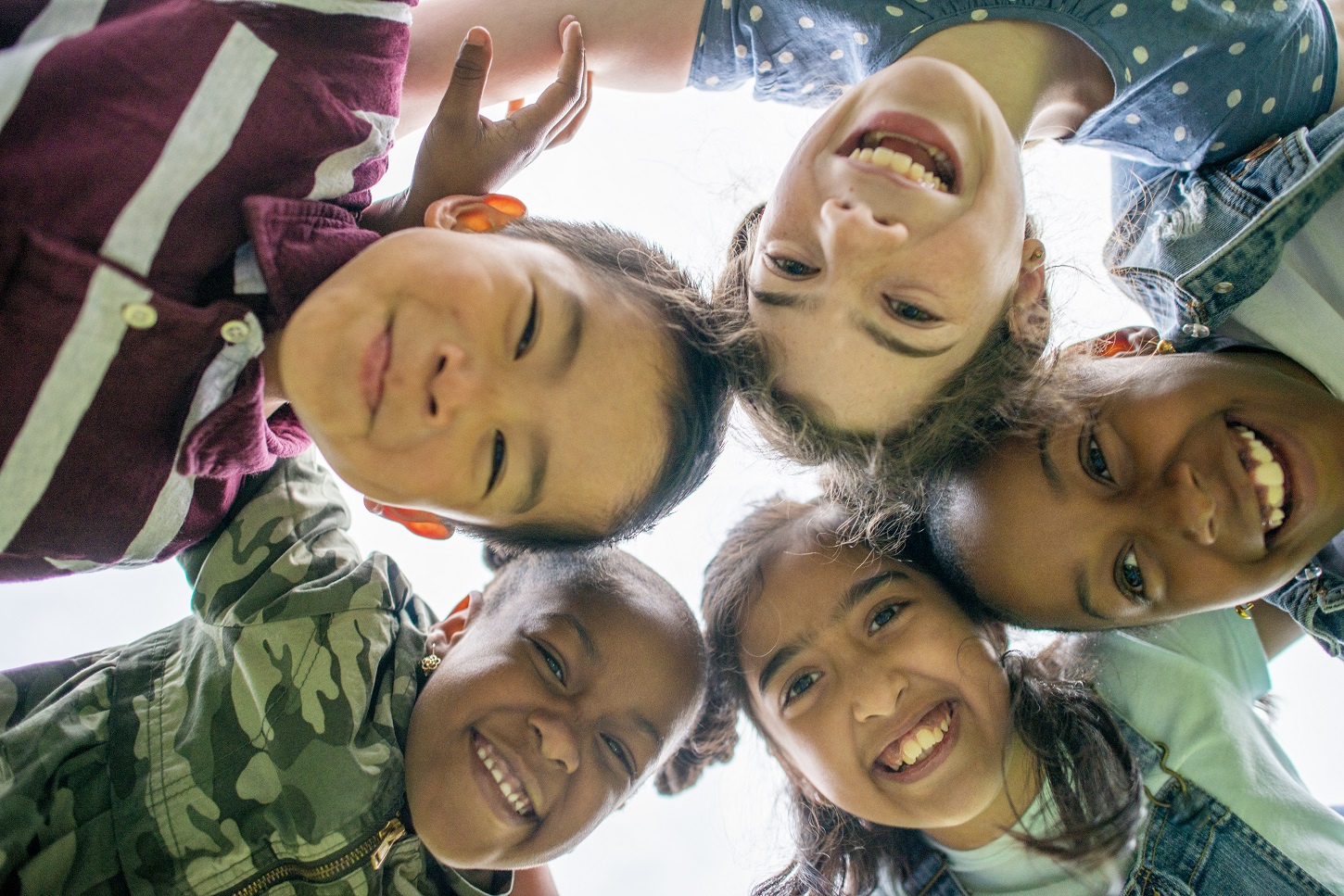Home › Children and Youth
Growing Together
Children and Youth
What is the issue?
Healthy emotional and social development in our early years lay the foundation for mental health and resilience throughout the lifespan. Yet, 70 per cent of persons living with a mental illness see their symptoms begin before age 18. Mental illness affects some 1.2 million of our children and youth. By age 25, that number rises to 7.5 million (about one in five Canadians).
Youth who need mental health services as they are entering the adult mental health system are often not well supported: less than 20 per cent receive appropriate treatment — a figure close to the number of children receiving needed mental health services.


What are we doing?
As part of our mandate, we are working with our partners to advance the mental health of infants, children, youth, and emerging adults.
- Mental health system transformation
- Addressing emerging adult mental health
- MHCC-W2A Rainbow Youth Health Forum Report
- Video: Emerging Adults Seek Change in Mental Health Services
- Video: Food for thought: A Youth Perspective on Recovery-Oriented Practice
- Post-secondary students standard
- Early childhood mental health
The resources we’ve developed

Mental health system transformation
Offers an accessible adaptation of the Mental Health Strategy for Canada. Created by MHCC’s Youth Council and written and designed by youth, it highlights the experiences and vision of young people who are working toward system change.

Addressing emerging adult mental health
A report that outlines the current delivery gaps in young persons’ transition to adult mental health and addiction services and makes recommendations to improve them by means of a responsive, integrated system.

Addressing emerging adult mental health
offers an actionable vision for Taking the Next Step Forward (and similar provincial/territorial strategies) to help further advance policy and practice.

Addressing emerging adult mental health
A conversation tool to help caregivers, parents, and guardians understand how to speak with children in their lives suicide when a suicide happens in the community or if someone they know has died by suicide.

The MHCC-W2A Rainbow Youth Health Forum Report and video series show what you can do to create safer, more inclusive spaces for two-spirit, lesbian, gay, bisexual, and queer (2SLGBTQ+) emerging adults in health-care settings.
Video
A series featuring emerging adults who, through personal stories, offer insights into how the mental health system could be improved to meet their needs.
Video
Developed with our Youth Council, it breaks down what young people see as core principles of recovery-oriented mental health and addiction services. Its companion Discussion Guide can help direct your self-reflection or facilitate critical discussions.

Post-secondary students standard
The first of its kind in the world – is a set of flexible, voluntary guidelines to help post-secondary institutions support the mental health and well-being of their students. In addition, a Starter Kit was created to help post-secondary institutions take their first steps in aligning with the Standard — in the COVID-19 context and beyond.

See what we’re doing to help create a more supportive system, one that fosters positive early development, mental health, and resiliency across the lifespan.